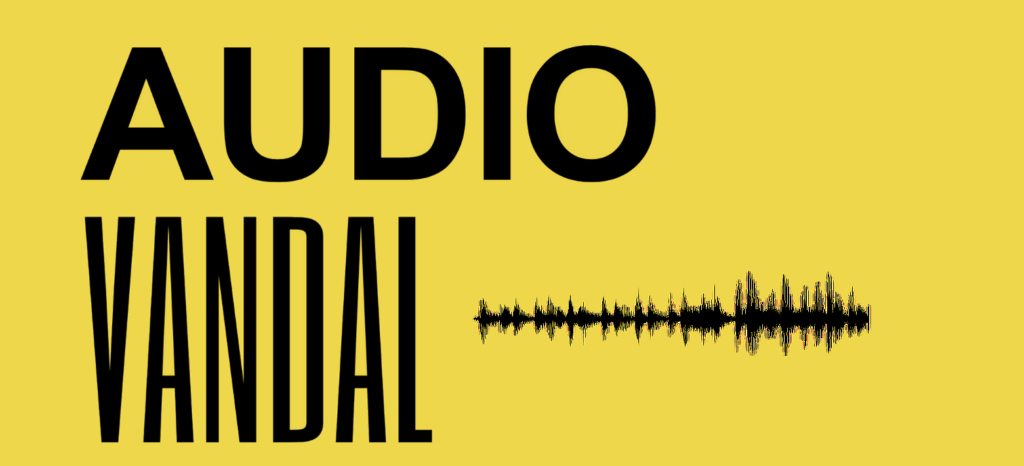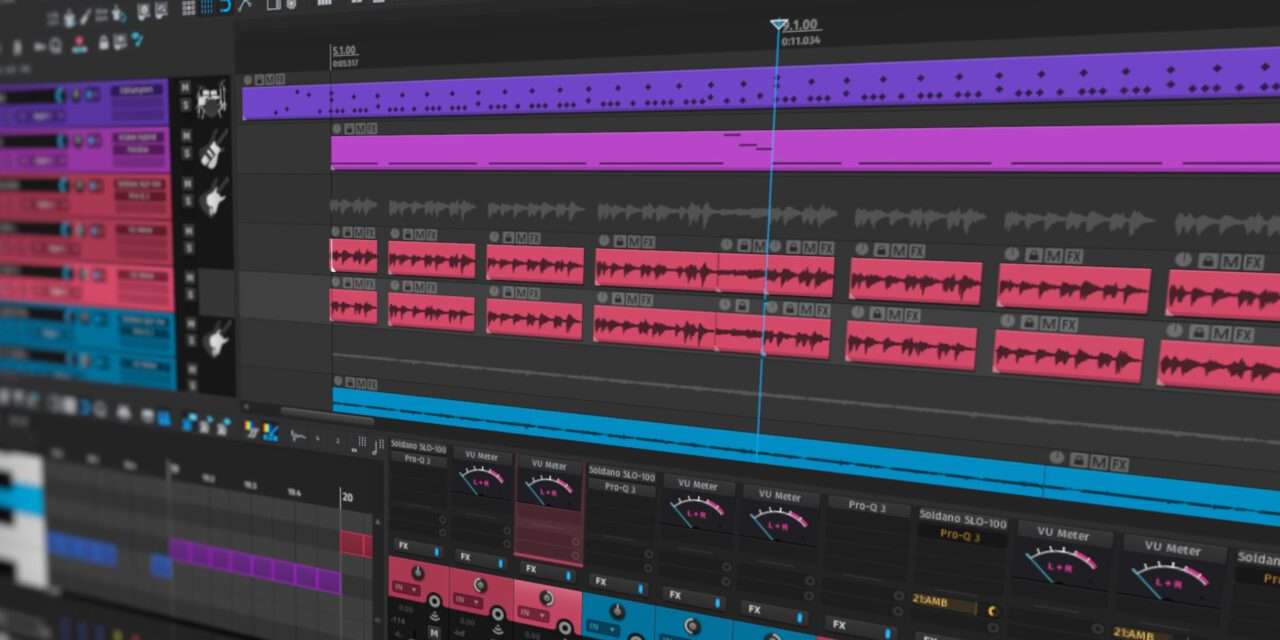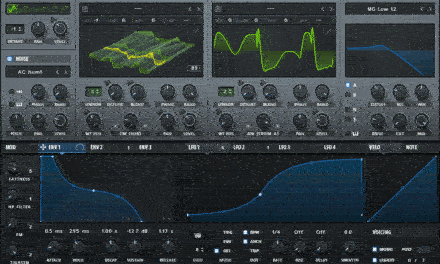Choosing the right Digital Audio Workstation (DAW) is one of the most important decisions a music producer can make. Your DAW is the heart of your creative process, and it needs to align with your workflow, budget, and goals. Two popular options in the DAW world are FL Studio by Image-Line and Reaper by Cockos. Both are powerful tools, but they cater to different types of users. In this comparison, we’ll break down the strengths, weaknesses, and unique features of each DAW to help you decide which one is the best fit for you.
Overview
- FL Studio: Known for its user-friendly interface and loop-based workflow, FL Studio is a favorite among electronic music producers, beatmakers, and beginners. It’s packed with features like the Piano Roll, step sequencer, and a vast library of plugins and sounds.
- Reaper: Reaper is a lightweight, highly customizable DAW that appeals to professionals and hobbyists alike. It’s known for its affordability, flexibility, and robust editing capabilities, making it a great choice for recording, mixing, and mastering.
Pricing and Licensing
- FL Studio:
- Pricing: FL Studio offers three editions: Fruity Edition (99),ProducerEdition(99),ProducerEdition(199), and All Plugins Bundle ($499).
- Licensing: FL Studio provides lifetime free updates, which is a huge selling point. Once you buy it, you’re set for life.
- Reaper:
- Pricing: Reaper has a unique pricing model. A discounted license costs 60(forindividualsearninglessthan60(forindividualsearninglessthan20,000/year from Reaper), and a commercial license costs $225.
- Licensing: Reaper offers a 60-day free trial, after which you’re expected to purchase a license. Updates are free for the version you purchase, and upgrades to major versions are affordable.
Winner: Reaper is more affordable upfront, but FL Studio’s lifetime updates make it a great long-term investment.
User Interface and Workflow
- FL Studio:
- FL Studio’s interface is colorful, visually appealing, and designed with a loop-based workflow in mind. The Piano Roll is widely regarded as one of the best in the industry, making it ideal for MIDI composition.
- The step sequencer and pattern-based workflow are perfect for electronic music producers who work with loops and beats.
- However, the interface can feel cluttered to some users, and the learning curve can be steep for those unfamiliar with its workflow.
- Reaper:
- Reaper’s interface is minimalistic and highly customizable. You can rearrange almost every aspect of the UI to suit your workflow.
- It’s designed for linear workflows, making it a great choice for recording live instruments, editing audio, and mixing.
- While Reaper is incredibly powerful, its default interface can feel barebones, and it may require some customization to get the most out of it.
Winner: FL Studio is better for loop-based and electronic music production, while Reaper excels in recording and linear workflows.
Features and Tools
- FL Studio:
- Instruments and Effects: FL Studio comes with a vast library of plugins, including synths like Sytrus and Harmor, and effects like Fruity Reverb and Maximus.
- Piano Roll: Widely praised for its ease of use and advanced features like strumming and arpeggiation.
- Pattern Clips: Ideal for creating and arranging loops.
- Limitations: FL Studio’s audio editing capabilities are less robust compared to Reaper, and it lacks some advanced features for recording and post-production.
- Reaper:
- Customizability: Reaper’s strength lies in its flexibility. You can customize almost every aspect of the DAW, from keyboard shortcuts to menu layouts.
- Audio Editing: Reaper’s audio editing tools are top-notch, with features like spectral editing, dynamic splitting, and advanced routing options.
- Lightweight: Reaper is incredibly efficient and runs smoothly even on older systems.
- Limitations: Reaper’s stock plugins are functional but not as visually appealing or beginner-friendly as FL Studio’s.
Winner: FL Studio wins for electronic music production and built-in instruments, while Reaper takes the crown for audio editing and customization.
Performance and Stability
- FL Studio:
- FL Studio is stable and performs well, but it can be resource-intensive, especially with large projects or multiple plugins.
- It’s optimized for Windows, and while there’s a macOS version, it’s not as polished as the Windows version.
- Reaper:
- Reaper is known for its lightweight design and excellent performance. It runs smoothly even on low-end systems and handles large projects with ease.
- It’s available for both Windows and macOS, with consistent performance across platforms.
Winner: Reaper is the clear winner in terms of performance and stability.
Community and Support
- FL Studio:
- FL Studio has a massive user base, especially in the electronic music community. There are countless tutorials, forums, and resources available.
- Image-Line provides regular updates and excellent customer support.
- Reaper:
- Reaper has a dedicated and passionate user base, with an active forum and community-driven support.
- Cockos provides frequent updates, and the DAW’s customization options have led to a wealth of user-created scripts and extensions.
Winner: Both DAWs have strong communities, but FL Studio’s larger user base makes it easier to find tutorials and resources.
Conclusion: Which DAW Should You Choose?
- Choose FL Studio If:
- You’re an electronic music producer or beatmaker.
- You value a user-friendly interface and a loop-based workflow.
- You want a DAW with a vast library of built-in instruments and effects.
- You’re looking for lifetime free updates.
- Choose Reaper If:
- You’re on a budget and want a highly customizable DAW.
- You need robust audio editing and recording capabilities.
- You prefer a lightweight, efficient DAW that runs smoothly on any system.
- You’re comfortable customizing your workflow and don’t mind a steeper learning curve.
Ultimately, the choice between FL Studio and Reaper comes down to your specific needs and workflow. Both are excellent DAWs, and you can’t go wrong with either. If possible, try the free trials for both and see which one feels right for you. Happy producing! 🎛️✨



